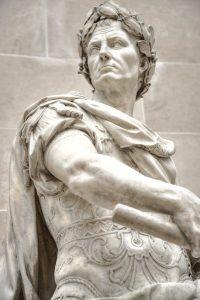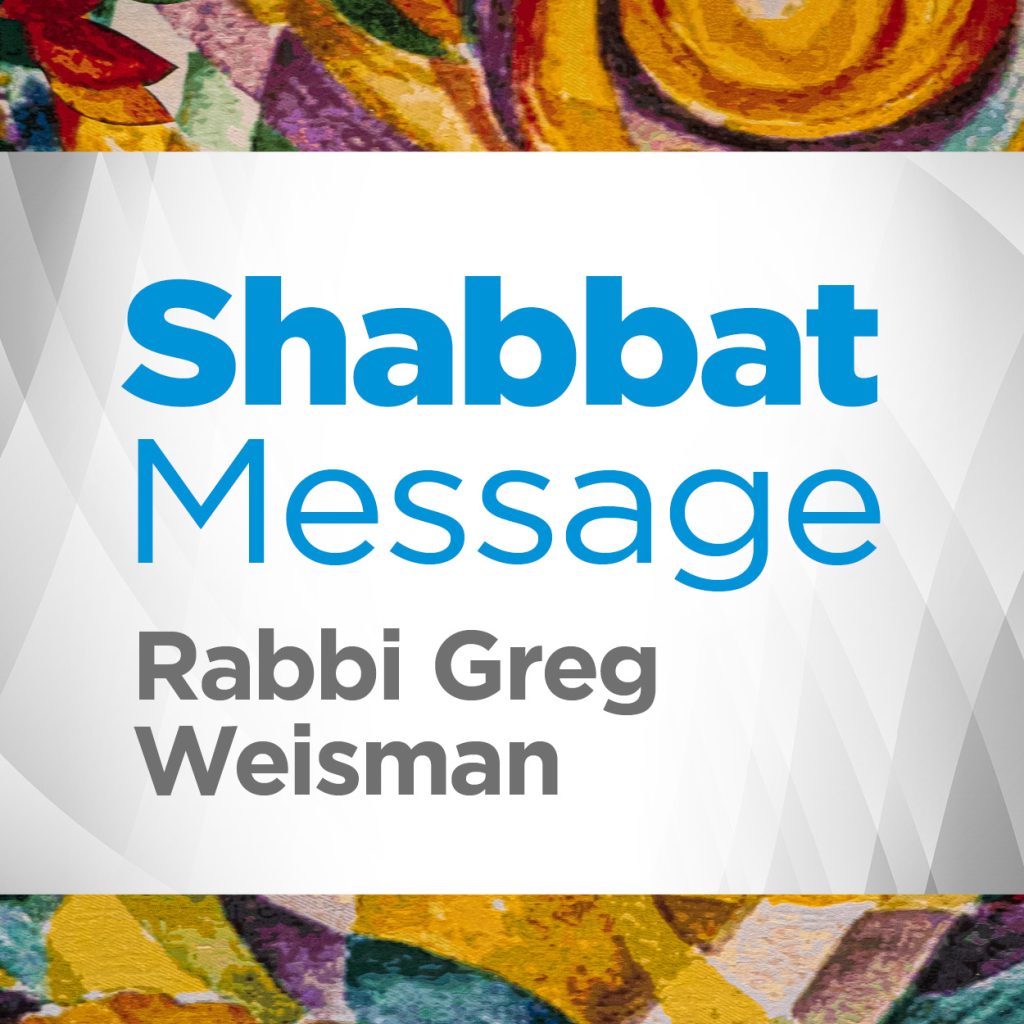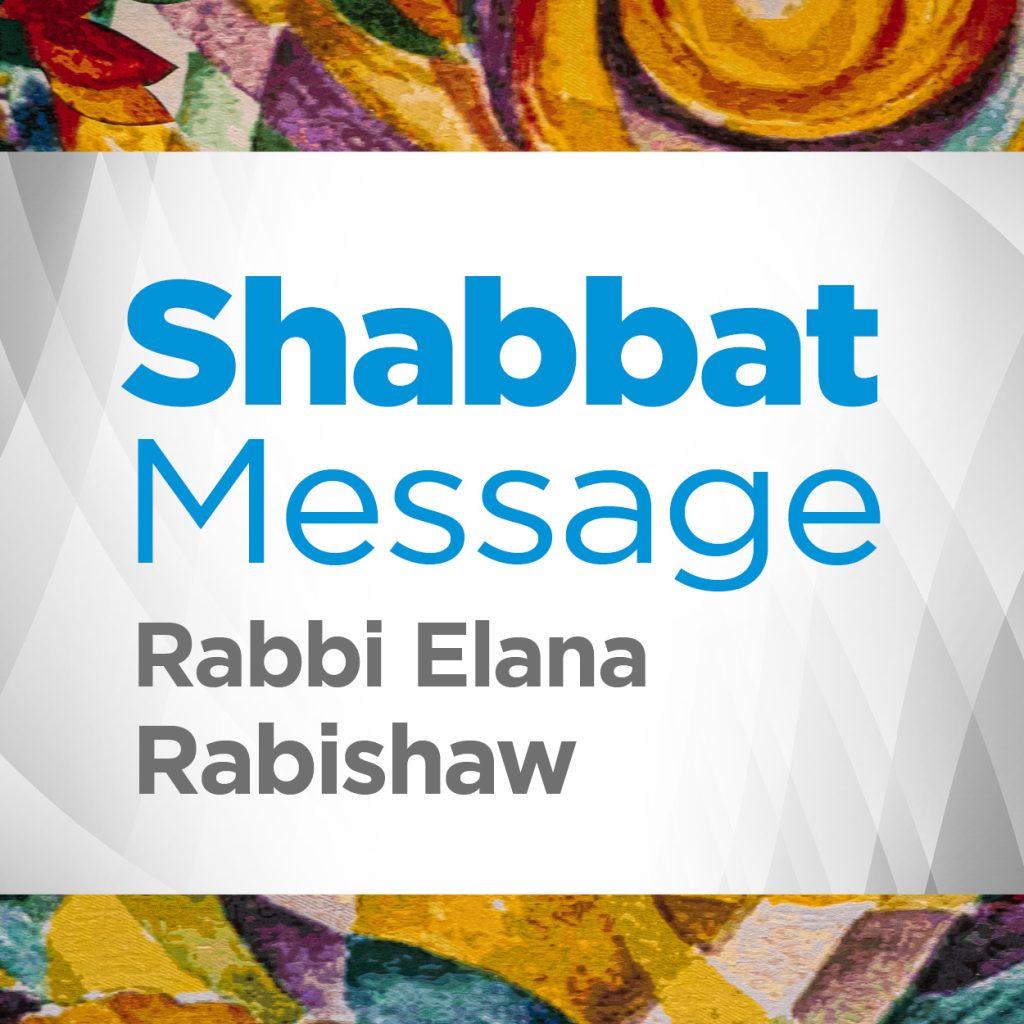I have always been tickled by this portion’s name, Ha’azinu. Like all Torah potions it gets its name from the first important word in the portion, and in this case the portion begins with the word Ha’azinu, which comes from the word Ozen, which means ear. It is a passive verb form, which is often translated as “Give ear.” Whenever I think of it, my mind immediate goes to Act III, Scene II of Shakespeare’s Julius Caesar, in which Marc Antony eulogizes Caesar with the famous “Friends, Romans, countrymen, lend me your ears.”

If anyone knows of or has a Hebrew translation of Julius Caesar, please let me see it, because I can only imagine that the curious “lend me your ears” would be translated as Ha’azinu. But, while there are many articles and web pages that document Shakespeare’s biblical allusions, none mention this one. I would love to know if Shakespeare was inspired by Deuteronomy 32:1 when he wrote that eulogy.
Ironically, while Parashat Ha’azinu is not a eulogy, it is tied up into end of life: Ha’azinu is Moses’ final speech to the Israelites, once again imploring them to follow the instructions of the Torah, before God tells Moses to ascend Mount Nebo to die. As Moses is prompted to consider his own mortality, he channels that energy into doing what he has always done: looking out for the Israelites and sharing God’s wishes with them.
Reading Ha’azinu this week, right after Yom Kippur, continues the theme of considering our mortality. The haunting words of Unetaneh Tokef tell us that the Holy One is deciding who will live and who will die, and we are meant to conclude that our decisions can have life-altering effects.
By doing the cheshbon nefesh, the looking back over our deeds of the past with the hopes of repairing wrongs and doing better, we do our best to earn our sealing in the Book of Lives Well Lived. But Moses’ example from the portion suggests that that might not be enough. Even for Moses, our people’s greatest prophet of all time, he will see his life come to its end. He was able to accomplish so much in his 120 years, but as his final days were passing, he turned his attention to what he hoped the Israelites would continue to do after he was gone. Even in death, he continued to be the caretaker our ancestors needed from him.
For us, considering what our legacy might be once we are gone can be an interesting experience.When I was in college, as part of a leadership training exercise, I was asked to write my own obituary. It was a daunting but fun task to think about my life goals and what I wanted to accomplish. I’m somewhat sorry to have to tell my 18 year old self that I probably won’t become a US Supreme Court justice. But, I am still committed to the idea that I will be remembered as someone who listened as much as he spoke, and took his friends’ and colleagues’ ideas seriously. My friends and colleagues today would probably say that is a work in progress, but I’m still young so I’ll keep working at it! If I were to do that exercise again, I obviously would express different professional goals.
But the message of our portion and Moses’ final speech to the people, the message of the just concluded High Holy Day season, and in many ways the message of our entire tradition is that what we do is much less important than how we do it. From the woodcutter to the water drawer, the High Priest to the Chief Justice, rabbi, doctor, and waste management professional, we each have what we do day in and day out. But how we treat others as we do that, what our ethical principles are and how hard we challenge ourselves to live by them while we do our daily work; that is what really matters.
Ha’azinu is Moses’ personal, pre-death eulogy. As we enter fully into this new year, having considered our actions in reference to our own mortality, we should take Moses’ model and ask ourselves what we want to accomplish with the life we have been given and what our legacies will be…and pursue them!
Shabbat Shalom,

Rabbi Greg Weisman








